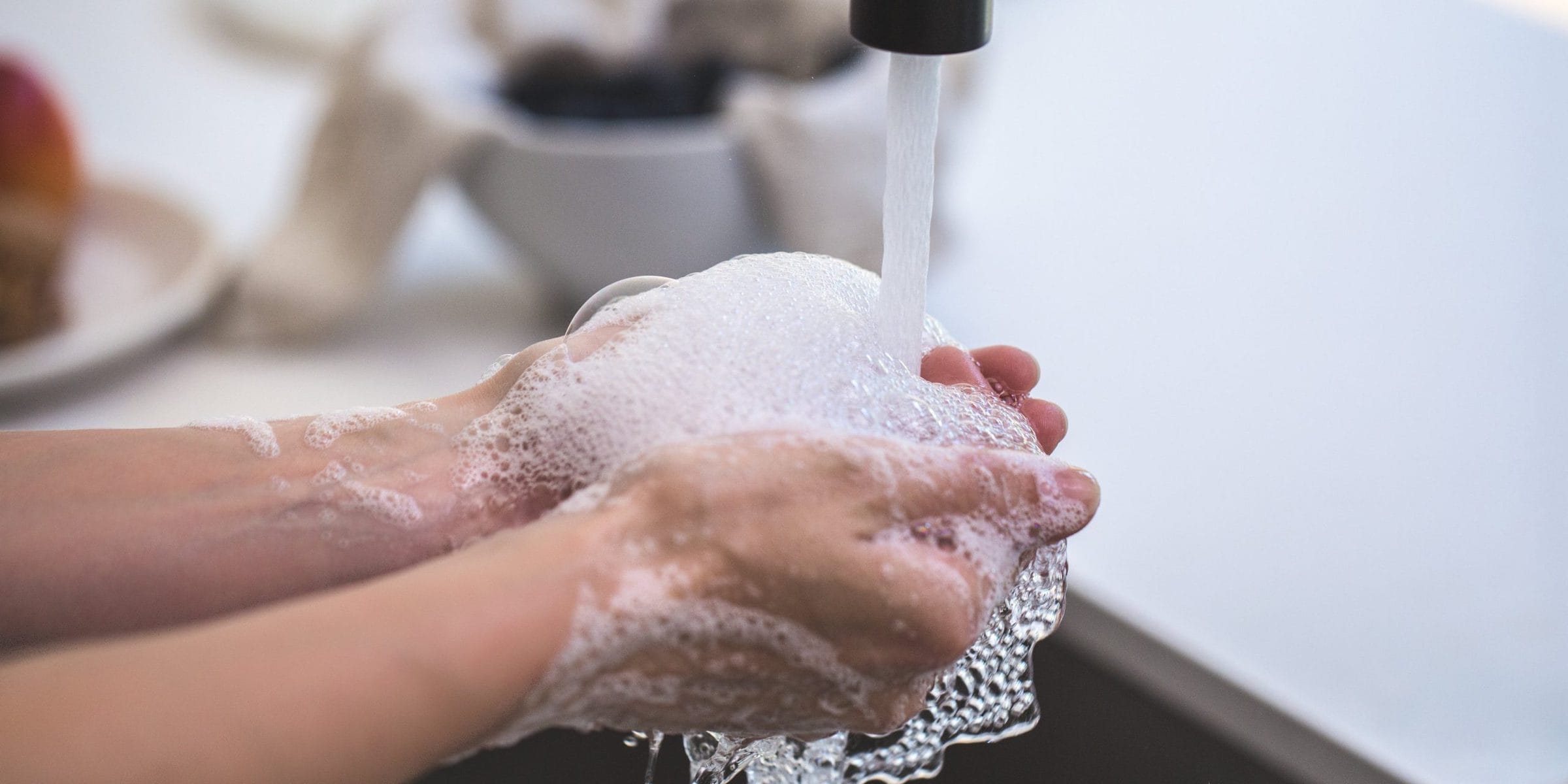In a time of constant news coverage and empty grocery store shelves, many people are wondering what they can do to protect themselves against the Coronavirus, more specifically COVID-19. Tips from experts include washing your hands frequently, avoiding touching your face, staying home if you’re sick, and covering your mouth when you cough. The World Health Organization has also recommended that people use contactless payment methods whenever possible in order to slow the spread.
How does the coronavirus spread?
COVID-19 is a respiratory virus that must enter your body through either your nose or your mouth. The Centers for Disease Control reports that the virus is spread mainly by close person-to-person contact or through respiratory droplets from a cough or a sneeze that are then inhaled. It is also possible to get the virus from surfaces and other objects, such as cash and handrails, by touching the objects and then touching your mouth or face afterward.
How long can the virus live on surfaces?
Because the COVID-19 strain is so new, no scientific studies have focused on whether or not the virus can spread via coin and banknote transactions. However, a spokesperson from the World Health Organization had the following advice when speaking to The Telegraph about it.
“We would advise people to wash their hands after handling banknotes, and avoid touching their face. … When possible it’s a good idea to use contactless payments to reduce the risk of transmission.”
World Health Oraganization
Money is notorious for being dirty because it is passed through many hands and very rarely is it cleaned. China and South Korea have begun disinfecting their money using heat and ultraviolet treatments and then sealing and storing the money in bags for 14 days to slow the spread of disease. In France, the world-famous Lourve museum has stopped accepting cash as a protective measure.
Studies of similar viruses have been shown to live on surfaces for long periods of time. Recently the Journal of Hospital Infection reported, ”The analysis of 22 studies reveals that human coronaviruses…can persist on inanimate surfaces like metal, glass or plastic for up to 9 days.”
Benefits of Online Rent Payments
Not only will collecting rent payments online eliminate the need to handle cash and checks, but it will also reduce unnecessary person-to-person contact.
As the virus continues to spread, experts have advised the public to prepare for quarantine. This includes preparations to work from home, obtaining a two-week food supply, and preparing for school and public transit closures. In the event of a quarantine, an online rent payment system will allow tenants to make rent payments without the need to leave their homes, increasing the likelihood of on-time payment.
While the best advice is still to wash your hands often and thoroughly, avoid touching your face, and to stay home if you are sick, measures that further reduce your contact with other people and objects are beneficial.












Do any of the regular landlord insurance policies cover interruption in rent payments from tenants impacted, in terms of health or wages, by the Coronavirus? I briefly reviewed the State Farm business interruption policy summary on its website, and it appears that the interruption in rental flows must be due to some kind of physical injury, like a fire or natural disaster. Coronavirus would seem to be a natural disaster but would does it need to result from some physical destruction of the property to be covered? Thanks!
Hello Russell,
As far as we can tell, this coronavirus interruption will not be covered by most insurance policies unless it is declared a natural disaster by the federal government. However, as all insurance policies differ, you’ll want to check with your provider to see what your policy covers.